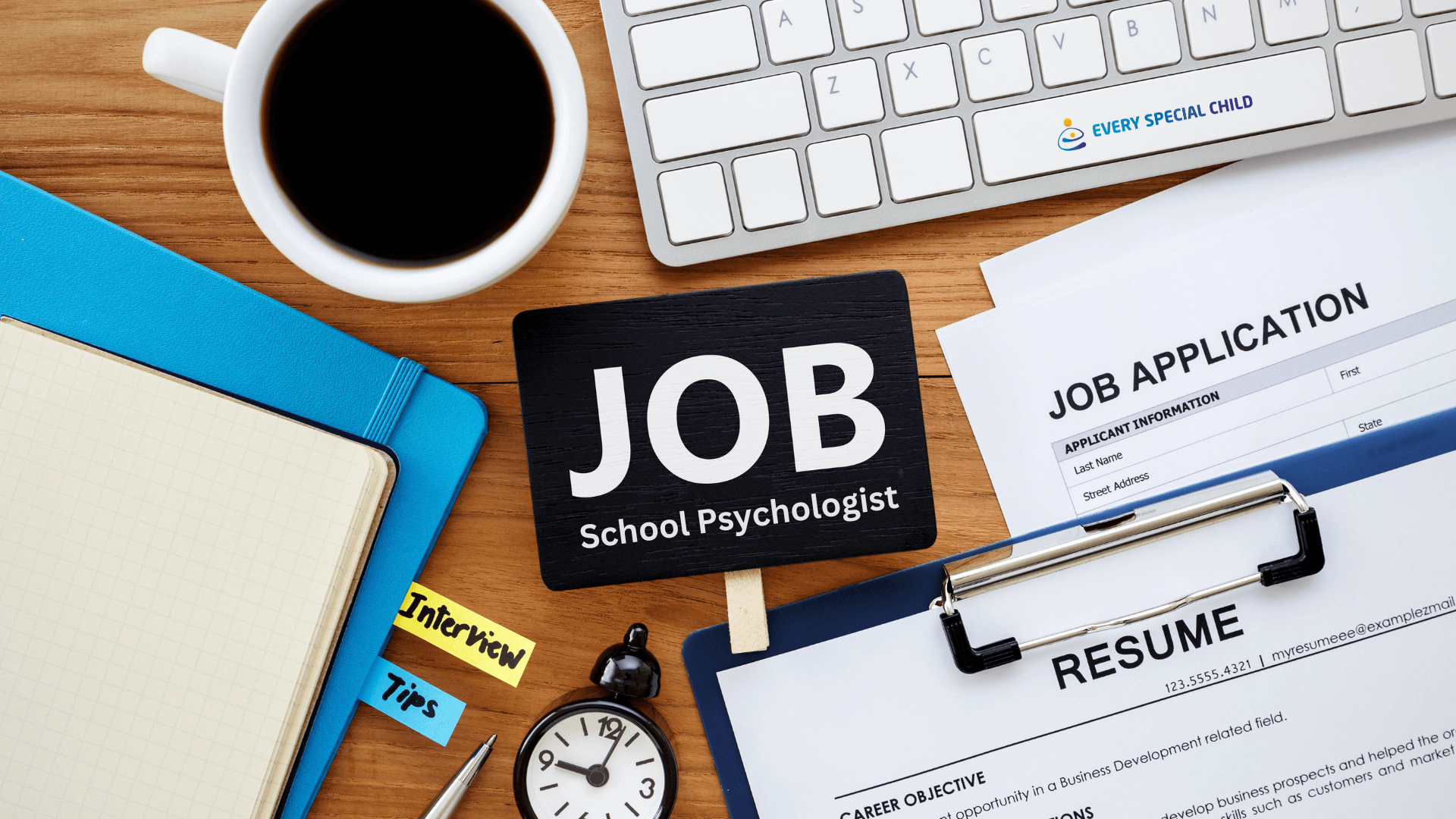
School Psychologist Jobs: Education is no longer just about textbooks and exams. Schools today recognise that a student’s mental, emotional, and social well-being plays a huge role in learning success. That’s where School Psychologist Jobs step in. They help students navigate challenges, provide support for teachers and families, and build healthier school environments. With rising awareness about mental health, careers in school psychology are expanding more than ever before. Apply Now
What Does a School Psychologist Do?
Think of School Psychologist Jobs as bridges between education and mental health. They evaluate students’ learning needs, design intervention plans, and provide counselling. From helping children with learning disabilities to supporting students dealing with trauma, their responsibilities are wide-ranging and vital.
Key Skills and Qualities Needed
A great School Psychologist Jobs needs strong communication, empathy, patience, and analytical thinking. They must listen deeply, assess fairly, and act wisely—balancing the needs of students, teachers, and parents.
Difference Between School Psychologists and Counselors
While both professionals support students, counsellors focus more on academic guidance and general emotional support. Psychologists, however, conduct assessments, diagnose learning or behavioural disorders, and create structured intervention strategies. Read another article.
Undergraduate Education
Most School Psychologist Jobs start with a bachelor’s degree in psychology, education, or a related field. This foundation introduces concepts such as child development, learning theories, and basic mental health principles.
Graduate Programs and Specializations
To practise, you’ll need at least a master’s degree in school psychology or educational psychology. Many pursue a specialist-level degree (Ed.S.) or a doctorate (Ph.D. or Psy.D.) for advanced roles.
Licensure and Certification Requirements
Each region has different licensing rules, but nearly all require passing exams, completing supervised internships, and ongoing professional development. Certifications, such as the Nationally Certified School Psychologist (NCSP) in the U.S., enhance career opportunities. See More
Working in Public Schools
This is the most common career path. Public schools rely on psychologists for assessments, counselling, and crisis intervention.
Private Schools and Academies
Private institutions often have smaller student populations, allowing psychologists to focus more deeply on individual needs.
Colleges and Universities
In higher education, psychologists provide support services, conduct research, and sometimes teach.
Government and Policy Roles
Some professionals shape educational policy, working with government bodies to improve mental health frameworks in schools.
Research and Academic Careers
If you love knowledge-building, research roles let you study child psychology, intervention methods, and the impact of educational policies.
Private Practice and Consultation
Experienced psychologists may step into private practice, offering assessments and consulting services for schools and families.
Nonprofit and Community Organizations
NGOs and nonprofits working with children and education also hire School Psychologist Jobs to provide counselling and design mental health programmes.
Early Childhood Interventions
Working with preschool-aged children to detect developmental delays early.
Special Education Support
Creating Individualised Education Programmes (IEPs) for students with disabilities.
Behavioral Intervention Specialists
Helping schools manage behavioural issues with evidence-based strategies.
Crisis Response and Trauma Counseling
Providing immediate support during school crises such as bullying, natural disasters, or community trauma.
Average Salaries Across Regions
In the U.S., School Psychologist Jobs typically earn between $60,000 and $90,000 annually, depending on location and experience.
Factors Influencing Pay
Education level, certifications, region, and whether you work in public schools or private practice all affect salary.
Future Growth in the Profession
With rising awareness of student mental health, demand for School Psychologist Jobs is projected to grow significantly in the next decade.
Personal Fulfillment
Few careers let you directly impact children’s lives the way this one does. Watching students thrive because of your support is deeply rewarding.
Work-Life Balance
Many School Psychologist Jobs enjoy school schedules with weekends, holidays, and summers off.
Professional Growth Opportunities
From clinical practice to policy-making, there are multiple avenues for advancement.
Emotional Demands
Dealing with trauma, abuse, and difficult family situations can be emotionally heavy.
High Caseloads
Many schools are understaffed, meaning psychologists often juggle multiple responsibilities.
Navigating Bureaucracy and Policy
Paperwork, regulations, and limited funding can sometimes hinder the provision of direct assistance.
Pursuing Higher Education
Doctorates or specialist-level degrees open doors to advanced roles in leadership or academia.
Networking and Professional Associations
Joining associations like the National Association of School Psychologist Jobs (NASP) provides valuable resources, training, and career connections.
Leadership Roles in Education Systems
Many experienced psychologists move into supervisory or administrative positions, influencing how schools address mental health at a larger scale.